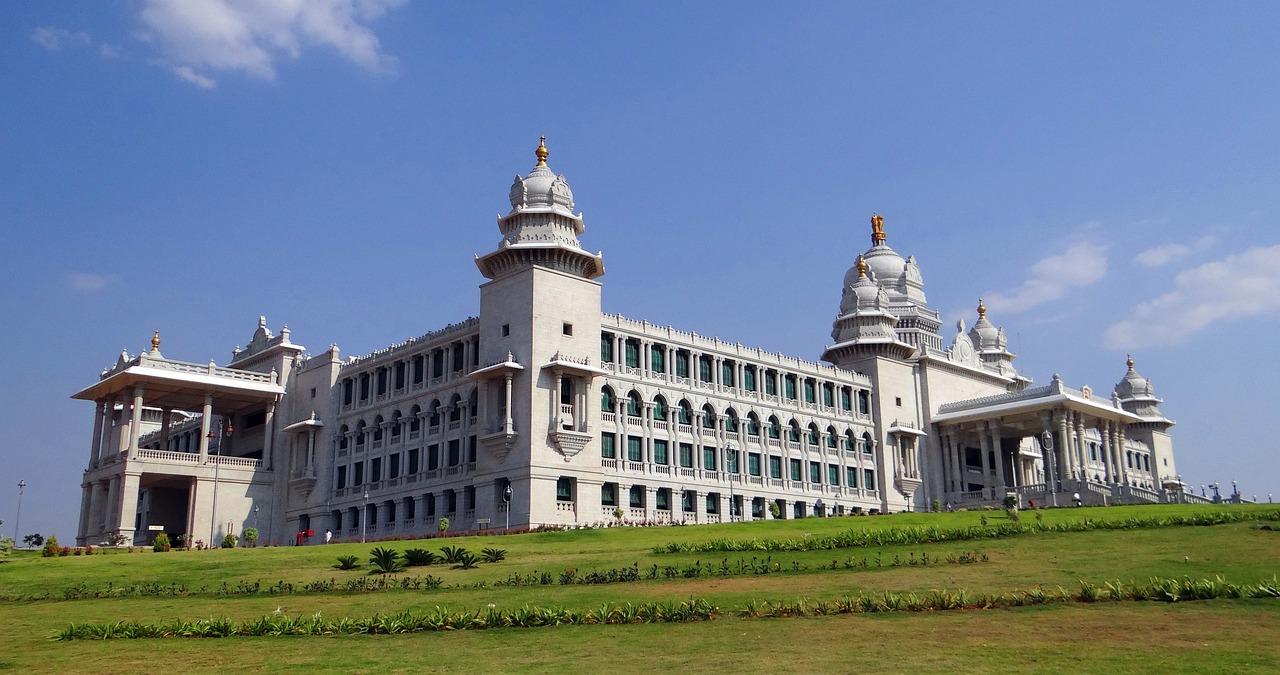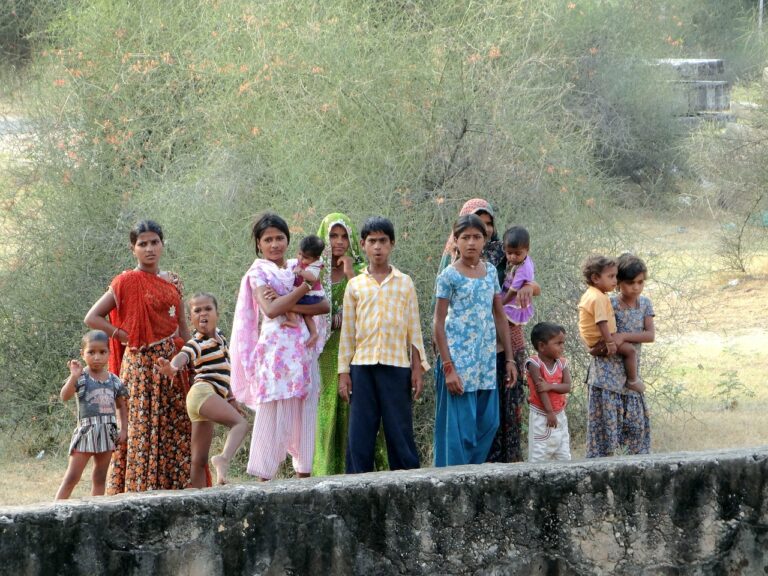The Impact of Political Theatre on Voter Participation
betbhai 9, playexch, gold365.win login: Strategies for Increasing Voter Turnout in Post-Conflict Regions
As the world grapples with the aftermath of conflicts, rebuilding societies and establishing stable democracies become paramount. One critical aspect of this process is ensuring high voter turnout in elections. However, post-conflict regions often face challenges that deter citizens from participating in electoral processes. In this article, we will explore strategies for increasing voter turnout in post-conflict regions and the importance of robust civic engagement in consolidating peace and democracy.
1. Building Trust in the Electoral Process
One of the primary reasons for low voter turnout in post-conflict regions is a lack of trust in the electoral process. Citizens may have experienced electoral malpractices or manipulation in the past, leading to skepticism about the fairness of elections. To address this challenge, it is crucial to engage in transparent and inclusive electoral practices. This can include implementing robust monitoring mechanisms, involving civil society organizations in the electoral process, and conducting voter education campaigns to increase awareness and trust in the electoral system.
2. Civic Education and Awareness
Another critical strategy for increasing voter turnout is through civic education and awareness campaigns. Providing citizens with accurate information about the electoral process, the importance of voting, and the impact of their participation can motivate them to engage in elections. These campaigns can be conducted through traditional media, social media, community outreach programs, and grassroots initiatives to reach a wide audience and amplify the message of civic responsibility.
3. Empowering Marginalized Communities
In many post-conflict regions, marginalized communities, such as women, youth, ethnic minorities, and internally displaced persons, face barriers to political participation. To increase voter turnout, it is essential to empower these marginalized groups and ensure their voices are heard in the electoral process. This can be achieved through targeted outreach programs, quota systems to guarantee representation, and creating safe spaces for marginalized communities to participate in political discussions.
4. Improving Access to Polling Stations
Limited access to polling stations can be a significant obstacle to voter turnout in post-conflict regions. Many citizens may face challenges in reaching polling stations due to geographical barriers, lack of transportation, or security concerns. To address this issue, electoral authorities can establish more polling stations in remote areas, provide transportation services for voters, and enhance security measures to ensure the safety of voters and electoral staff.
5. Engaging Youth in the Electoral Process
Youth participation in elections is crucial for building a vibrant democracy in post-conflict regions. However, young people often face apathy or disillusionment with the political process. Engaging youth through targeted campaigns, youth-friendly voter education programs, and creating opportunities for youth leadership can motivate them to participate in elections and contribute to shaping the future of their communities.
6. Collaborating with International Partners
International cooperation and support can play a vital role in increasing voter turnout in post-conflict regions. International organizations, donor agencies, and diplomatic missions can provide technical assistance, financial resources, and expertise to strengthen electoral systems, promote good governance, and monitor the electoral process. Collaborating with international partners can enhance the credibility of elections and increase public confidence in the electoral process.
In conclusion, increasing voter turnout in post-conflict regions is essential for consolidating peace, promoting democracy, and fostering inclusive societies. By implementing strategies such as building trust in the electoral process, conducting civic education campaigns, empowering marginalized communities, improving access to polling stations, engaging youth, and collaborating with international partners, post-conflict regions can overcome barriers to political participation and strengthen democratic institutions. Through these concerted efforts, we can ensure that every citizen has a voice in shaping the future of their nation.
—
Frequently Asked Questions:
1. Why is voter turnout important in post-conflict regions?
Voter turnout is crucial in post-conflict regions to ensure the legitimacy of the electoral process, promote democratic values, and foster inclusive societies. High voter turnout signifies citizens’ engagement in the political process and their commitment to shaping the future of their nation.
2. How can civic education increase voter turnout?
Civic education plays a vital role in increasing voter turnout by providing citizens with information about the electoral process, the importance of voting, and the impact of their participation. By raising awareness and promoting civic responsibility, civic education campaigns motivate citizens to engage in elections and contribute to building a vibrant democracy.
3. What role do international partners play in increasing voter turnout?
International partners can support post-conflict regions in increasing voter turnout by providing technical assistance, financial resources, and expertise to strengthen electoral systems, promote good governance, and monitor the electoral process. Collaborating with international partners enhances the credibility of elections and increases public confidence in the electoral process.







